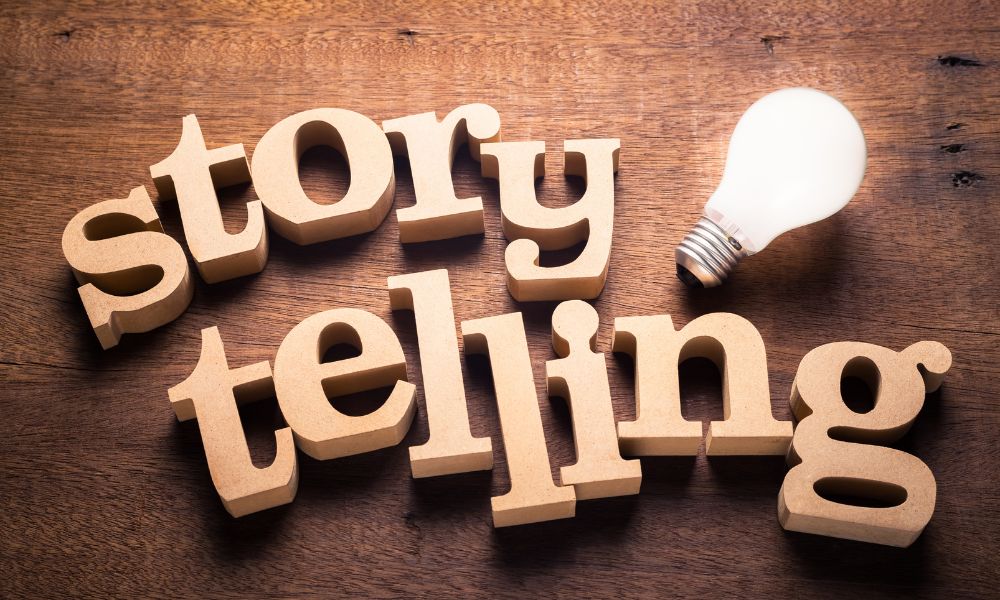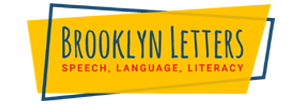DIGITAL STORYTELLING: A NOVEL APPROACH TO MATH EDUCATION

As the digital era continues to evolve, so do the methodologies and techniques teachers and educators employ to impart knowledge. In the past, math was often taught using strict formulas, rote memorization, and repetitive exercises. While these methods have their merits, a new wave of education seeks to go beyond these traditional practices by incorporating a more holistic, student-centric approach.
Enter: Digital Storytelling
Digital storytelling, at its core, is about merging the art of traditional narrative with the capabilities of modern technology. It’s no surprise that this method is now being applied to the field of math education. And why not? Stories have always had the power to captivate, inspire, and educate. By integrating mathematical concepts within a narrative framework, we are making math more accessible, enjoyable, and meaningful to students.
The Power of Story in Math Education
Consider for a moment the subjects in school that traditionally use storytelling – like history or literature. These subjects are often more engaging because they tell stories of people, places, and events. They have heroes, challenges, triumphs, and failures. Stories in these subjects are tools to transmit facts and foster empathy, understanding, and a deeper connection with the past.
Now, imagine the potential of using the same principle in teaching math.
Instead of presenting abstract problems in a vacuum, digital storytelling contextualizes math problems within relatable situations. This approach transforms the perception of math from a sterile subject to be feared and loathed to a vibrant topic filled with intrigue, challenges, and resolutions.

Leading the Digital Storytelling Revolution
Take, for example, the innovative program: Wonder Math. Wonder Math is not just another math course. It’s a visionary endeavor that understands the need to approach math education differently. In fact, it is the only math program specifically designed to develop mathematical thinkers by teaching through active learning in the context of a story. Each lesson is wrapped around a narrative, making math not just a subject but an adventure. This story-driven methodology makes math not only fun but also relevant and easy to understand. Students aren’t just solving for ‘x’; they’re helping characters overcome challenges or embarking on a quest where mathematical solutions pave the way forward.
By fostering math competency, instilling a positive attitude towards the subject, and establishing a foundation of confidence at these critical ages, Wonder Math is doing more than just teaching numbers. It’s shaping brighter, more hardworking, resilient, and independent adults, granting them a lifetime of advantages.
A Bright Future Ahead
As the landscape of education continues to change, there will always be a place for traditional teaching methods. However, it’s undeniable that innovative approaches, like digital storytelling in math education, have profound benefits. They not only make learning more engaging but also more effective.
Digital storytelling may be a novel approach now, but with its promising results and positive feedback from educators and students, it’s poised to become a mainstay in modern education.
In conclusion, math, when combined with the power of story, has the potential to become a subject that is not feared but loved. It’s high time that we redefine math education, and with the promising horizon of digital storytelling, the future looks brighter than ever.

FAQ on Digital Storytelling in Math Education
1. What is digital storytelling in education?
Digital storytelling in education refers to the use of narratives combined with digital media, including images, sound, and video, to convey information or teach a concept. In math education, it means teaching mathematical concepts within the context of a compelling story, often using digital tools to enhance engagement.
2. How does storytelling help in understanding math?
Storytelling provides context to mathematical problems, making them more relatable and understandable. By placing math in a real-world or imaginative scenario, students can visualize and comprehend the relevance and application of mathematical concepts more easily.
3. Isn’t traditional math teaching effective?
Yes, traditional math teaching methods have their merits and are effective for many students. However, integrating storytelling can cater to different learning styles, making math more accessible and enjoyable to a broader range of students, especially those who might find traditional methods daunting or tedious.
4. Is digital storytelling suited for all age groups?
While the blog focuses on the critical ages of 7 to 11, digital storytelling can be adapted for various age groups. The complexity of the narrative and the math concepts can be tailored according to the age and understanding of the students.
5. How can educators integrate digital storytelling in their math lessons?
Educators can start by identifying the core concepts they want to teach and then brainstorming stories or scenarios where these concepts can be applied. Using digital tools like animations, interactive platforms, or even simple slideshows can enhance the narrative experience. Programs like Wonder Math provide an excellent blueprint for this integration.
FREE CONSULTATION!!!
Call: (347) 394-3485,
Text: (917) 426-8880
Email: [email protected]
(we respond to email right away!)
Craig Selinger
Latest posts by Craig Selinger (see all)
- How to Become a Speech Therapist in New York - April 28, 2024
- NYC Middle School Transition Support Group - April 7, 2024
- Understanding Toddler Neurodevelopmental Evaluation - April 3, 2024

